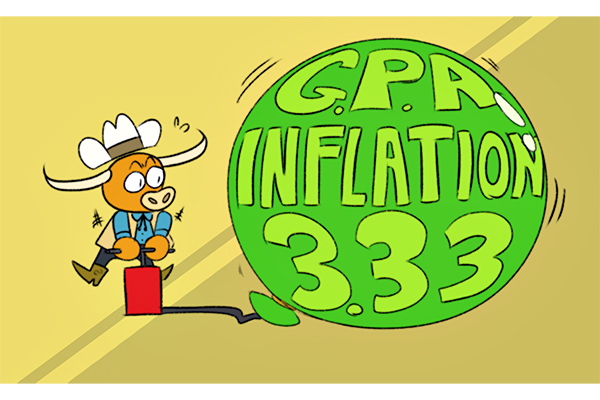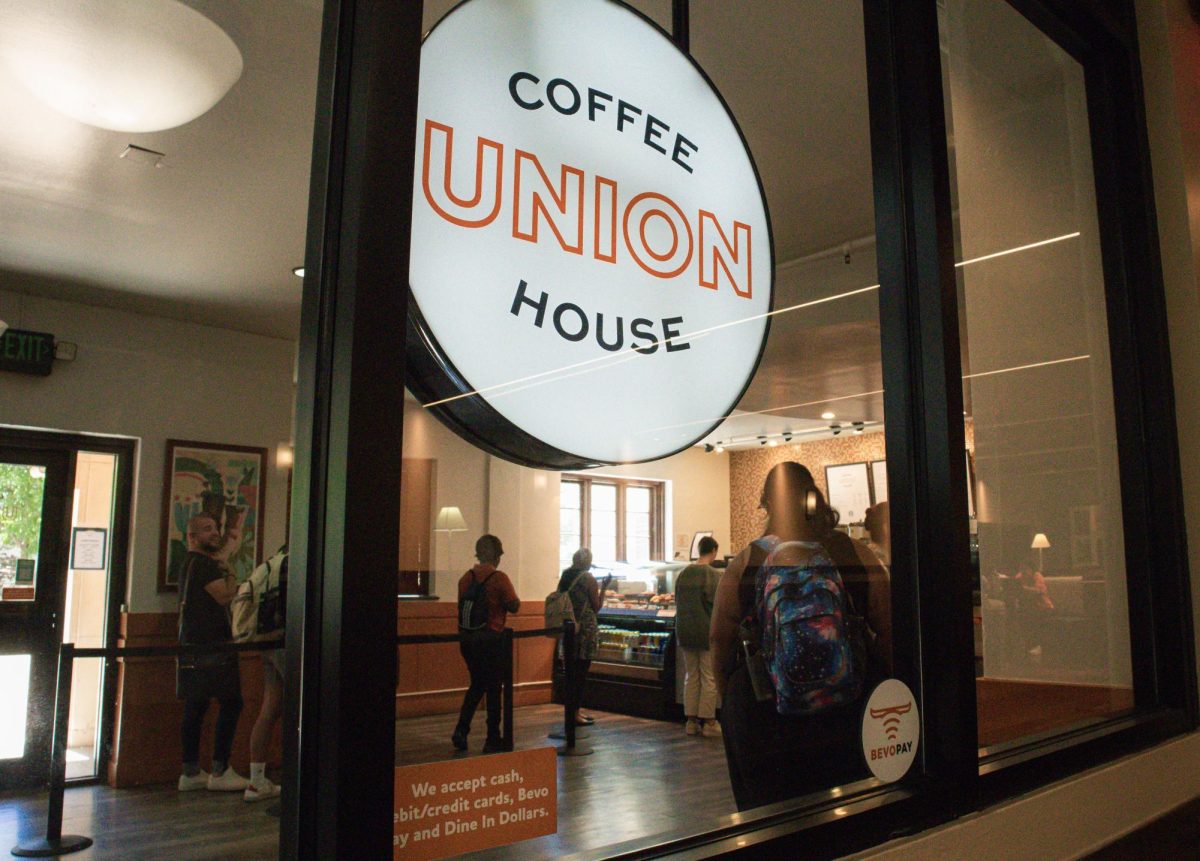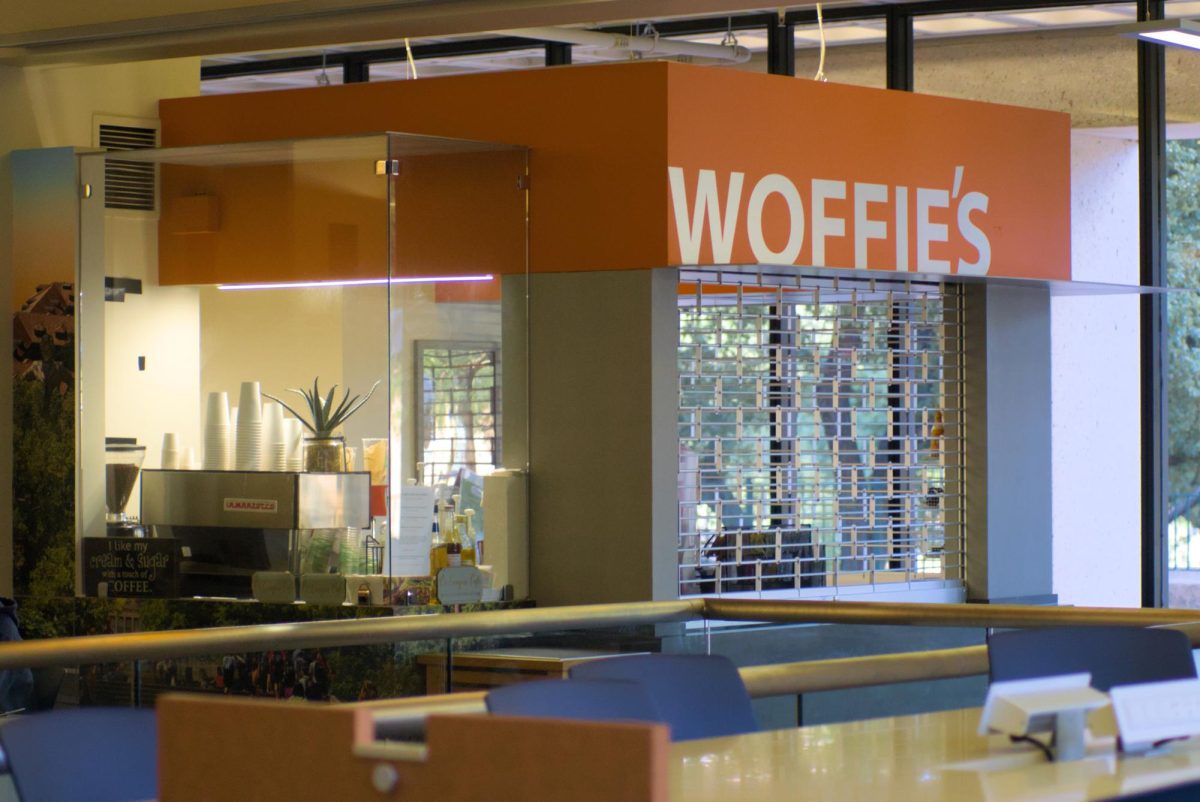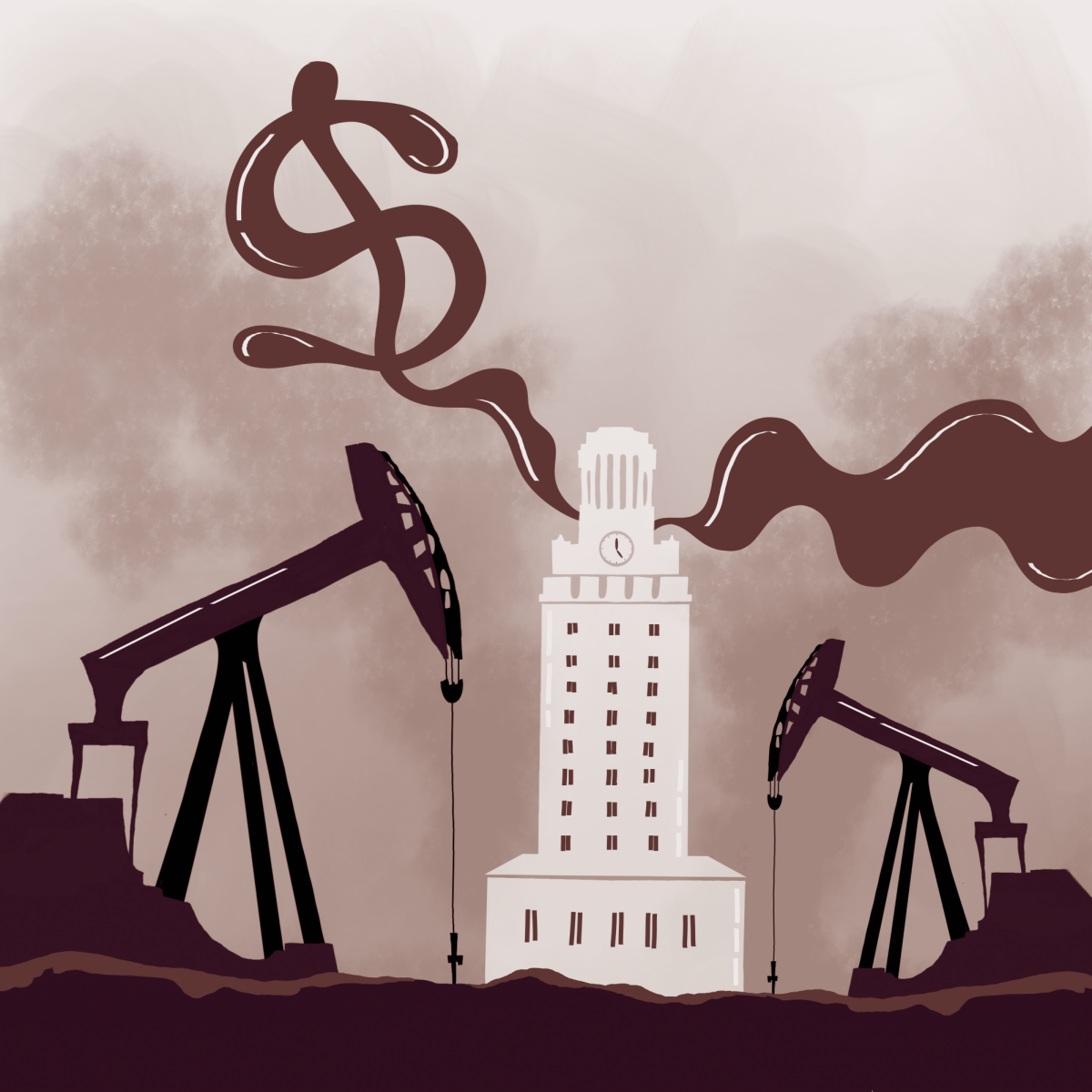At UT, B+’s are average.
The average cumulative GPA for UT undergraduates at the end of last semester was about a 3.33, the highest it has been during any fall semester for the past 10 years. In fall 2009, the GPA for undergraduates hovered closer to a 3.07, and it has crept up incrementally each year since.
UT is in good company, said Chris Healy, a computer science professor at Furman University who compiled nationwide data from numerous private and public universities with Stuart Rojstaczer, a former Duke professor. Healy said grades have been climbing at almost every college since the late 1980s.
“There has been a gradual but chronic increase of more than 20 years,” Healy said. “But we’re at all-time highs.”
Healy said the nationwide GPA rise is partially due to grade inflation. According to Healy, grades have increased out of proportion to student improvement. Instead, Healy said professors are giving higher grades, in part, to perform better on student evaluations, which matter for promotion and tenure decisions.
In the past, the UT administration has demonstrated concern about the prospect of rising grades. In 2009, part of the explanation for instituting the plus/minus grading system was it may be used to reduce grade inflation, according to a press release.
English professor John Rumrich said grade inflation likely played into the rise in GPA.
“It seems to me as if the arrows in terms of policy and assessment all point to grade inflation,” Rumrich said.
Chemistry professor David Laude, said he credits the GPA rise to other factors such as increasing student intelligence.
“All you have to do is look at our historical SAT scores and average class rank, and the average ability of our student population is just vastly better,” Laude said.
Laude, who was formerly senior vice provost for enrollment and graduation management, also suggested UT’s student success programs, which aim to improve grades and graduation rates among economically disadvantaged students, partially drive GPA improvement.
Laude said he has given more A’s in his classes, not because his class is less rigorous, but because he has improved instruction for the disadvantaged students who often previously received lower grades.
“Maybe (leveling the playing field) ends up resulting in what people call grade inflation,” Laude said, “But I think, ‘Wait a second, isn’t that just more learning taking place?’”
Still, both Healy and economics professor Wayne Hickenbottom said the steady GPA climb makes the metric less useful for businesses and graduate schools looking to distinguish amongst students.
Hickenbottom said if the upward trend continues, GPA on a resume will become as universally high and useless as drivers’ ratings on Uber.
Laude said professors have to stop and ask if the purpose of a faculty member is to teach or assess.
“It’s not my job to decide who goes to medical school,” Laude said. “It’s my job to motivate students to learn.”
Healy does not see the GPA rise hitting a plateau anytime soon, and he said students should be cognizant.
“You should know if you make an A in the class people won’t be impressed anymore,” Healy said. “You have to distinguish yourself in other ways. They’re not going to impress a future employer by saying, ‘I have a 3.5.’ Well, unfortunately, so does everybody else.”





















